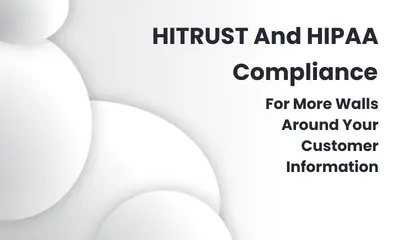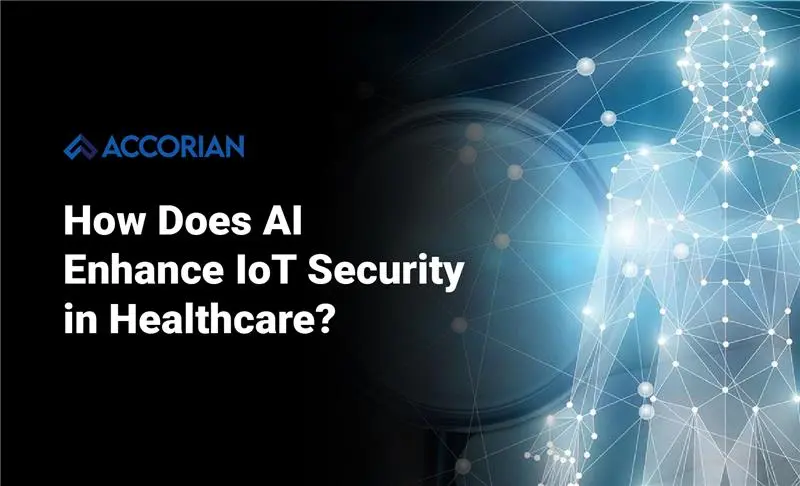Cybercriminals are often attracted to the data held by healthcare companies. Patient data, banking information, and other personal identifying information (PII) are gathered by healthcare organizations, forming rich collections of data. With such comprehensive data sets, cybercriminals are more frequently targeting healthcare providers and their service providers, sometimes resulting in significant losses. Ransomware is a type of malware that encrypts files, preventing access to the data. Given the increasing risk, it is all the more necessary that healthcare entities implement safeguards to protect against the harmful impacts of a ransomware attack. Information security compliance frameworks, such as HIPAA and HITRUST, provide reliable guidance to organizations seeking to prepare for ransomware attacks proactively.
A Rise in Ransomware Attacks in Healthcare
In October 2022, Common Spirit Health – one of the largest non-profit health systems in the United States – became the target of a ransomware attack that left some of their systems inaccessible even weeks later. This attack underscores the need for healthcare organizations to exercise due care in managing critical data.
In planning a ransomware attack, cybercriminals look for opportunities to exploit the workforce and unsecured data. A vulnerable cybersecurity risk management strategy could leave:
● Prescriptions unfilled
● Surgeries delayed
● Doctors unable to access records
● Patient information publicly exposed
How Does HITRUST and HIPAA Relate To Each Other
The Health Insurance Portability and Accountability Act (HIPAA) is a federal law of the United States of America that contains security and privacy rules to protect sensitive patient health information from use or disclosure without a patient’s consent. Healthcare providers, health plans, healthcare clearinghouses, and organizations that use or disclose healthcare information on their behalf (known as business associates) are all subject to HIPAA. The US government further strengthened the protections of HIPAA with the HITECH Act, adding requirements for enforcement and breach notification.
In drafting the CSF framework, HITRUST aligned numerous national and international regulations, standards, and frameworks, including HIPAA and the HITECH Act, to create a comprehensive and reliable set of privacy and security controls. Since its first release, the CSF has been updated numerous times, incorporating updated sources and an ever-expanding set of global privacy and security standards.
In addition to the CSF, HITRUST provides the following resources for entities to further strengthen their cybersecurity and risk management programs:
● HITRUST CSF
● HITRUST Threat Catalogue
● MyCSF SaaS assurance and analytics platform
● Assurance assessments
● Assessment results management
● Risk management and compliance programs scaled for small businesses and startups
● Training programs for best HITRUST practices
Reinforcing Cybersecurity with HITRUST and HIPAA
These two work together most effectively by facilitating healthcare providers to prove their HIPAA adherence with HITRUST compliance.
Though Systems and Organizations Controls 2 (SOC 2) examinations exist – which CPAs administer – HITRUST is one of the key certification that prove HIPAA compliance. This is only one of the ways they work together to prevent ransomware attacks.
Because healthcare companies are looking into HITRUST and HIPAA, this prompts companies to inform staff about the risks of ransomware attacks. Aggressive ransomware attacks pressure healthcare executives to stay notified about emerging threats, requiring them to provide training and resources for staff to be aware of ransomware signals.
Abiding by HITRUST and HIPAA also creates more walls around customer information. It instructs employees but restricts access and usage of that information to prevent abuse and misuse.
It also improves aspects of risk management programs that might not have been identified if it weren’t for third-party oversight. HITRUST assessment reports not only highlight any gaps in healthcare company strategies but can also highlight inconsistencies and techniques for more effective data control and monitoring.
Unprepared healthcare entities will execute procedures reactively instead of proactively mitigating threats. Some companies rely solely on cyber insurance. However, with rising premiums and stricter qualification policies, HIPAA and HITRUST compliance are the best supplements to insurance. It provides both preventive management and proactive responses to cybercriminal attacks.
Preventing Ransomware Attacks in Healthcare
HITRUST and HIPAA provide resources for healthcare entities to advance patient peace of mind. Not only does it protect patients, but it protects employees and their assets as well.
Employing these standards reveals vulnerabilities, provides insight for system improvement, and increases operational efficiency. This helps mitigate the fear of ransomware attacks. Your healthcare business – whether a hospital, pharmacy, or non-profit group – will benefit from these regulations in many ways, not least because patients will trust your systems to keep their data secure.





